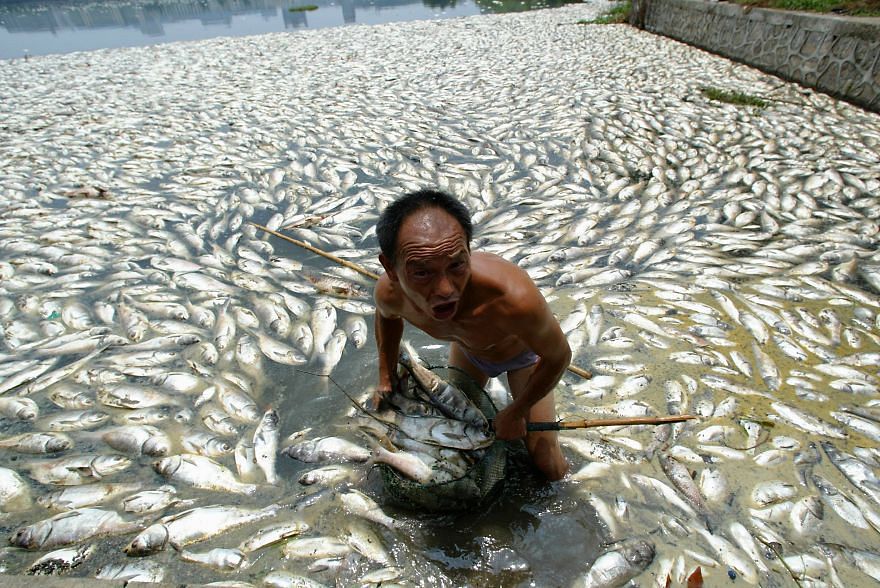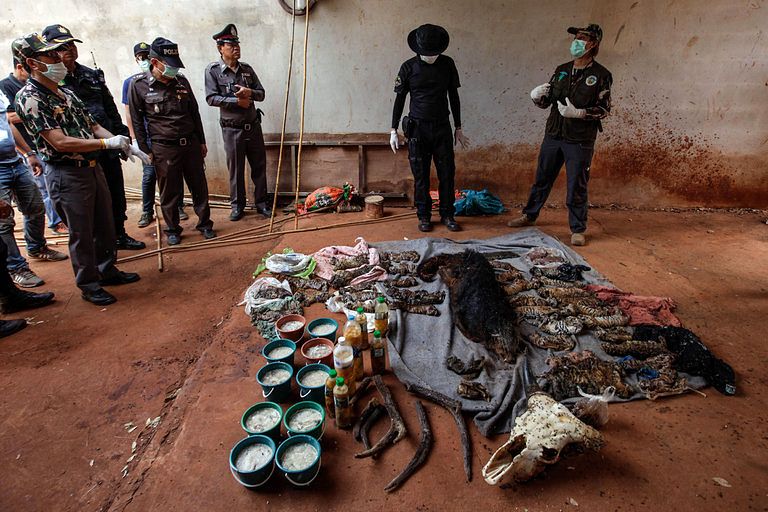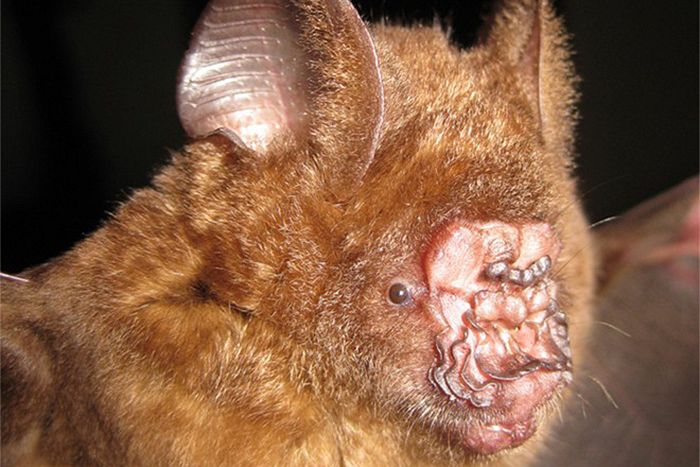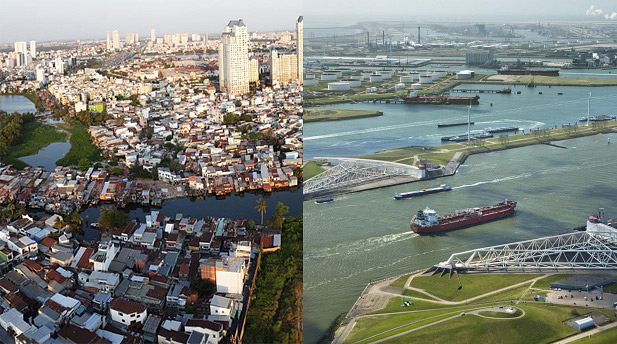At a ceremony to mark World Environment Day on June 5, Vietnam’s deputy prime minister, Nguyen Thien Nhan, added a sober warning that his country is facing grave environmental problems, and called on citizens and the government ministries to act.
Vietnam’s rapid development from one of the five poorest countries in the world in 1985 to one of the world’s fastest growing economies today has had dramatic environmental consequences: rivers dying from industrial pollution, biodiversity loss, and air quality depleting so rapidly that the 2012 Environmental Performance Index listed Vietnam in the top 10 worst countries for air pollution. Deputy PM Nhan’s call to action was urgent, and, with nearly half of the country’s population of 90 million under the age of 25, much of the burden to respond will fall on Vietnam’s youth.
Since 2011, The Asia Foundation has been working with two local NGOs, the Centre of Live and Learn for Environment and Community (Live & Learn) and the Centre for Education and Development (CED), to support young environmental activists to develop and implement environmental initiatives in Vietnam. We train groups of young people from environmental clubs across the country in project development and management, providing small grants to help turn their environmental project ideas into reality. Thus far the program has worked with nearly 500 young leaders across Vietnam, providing 18 small grants for projects that aim to improve their communities and contribute to the country’s healthy environment. I recently had the opportunity to visit with some of these young leaders who eagerly shared how things are going with their projects.
Nguyen Duc Chinh, who is in his mid-20s and lives in the mountainous province of Son La, north of Hanoi, works as a researcher for the local government. As part of his work, he regularly travels to the villages of the Hmong ethnic minority, including the Co Noi commune in Mai Son district whose primary crop is corn. Each harvest, the farmers sell the corn and are left with the cobs and husks, which they then burn on open fire for fuel. However, Chinh saw that since they burn so quickly, villages are forced to head out to search for more fuel materials. The villagers spend hours searching for firewood, stripping back the forest around their villages, increasing risks of natural disasters and destroying wildlife habitats.
In 2012, Chinh put forward a proposal and was awarded a grant under The Asia Foundation’s Young Environmentalist program to support the development of energy efficient stoves for households in Son La. Once he had put together his more efficient stove design, using a basic metal shield to enclose the fire and focus the heat, Chinh worked with the villagers to teach them about the benefits of the stove, and to raise awareness about the critical role that the forest plays in people’s lives. So far, Chinh has provided 30 households with the new stove, and they are now using the corn cobs and husks as the main fuel source throughout the year, eliminating the need to strip the forests of wood.
In another case, 700 miles south in Ho Chi Minh City, the southern branch of the environmental youth group, “Be the Change Agents,” has also been running a project supported by the Foundation. “Let’s Take the Bus” aims to cut fuel use by promoting bus travel. Public transportation is fast developing in Vietnam but is often seen as only for those who cannot afford to get a motorbike. Last year, the group held a series of discussions with students, locals, bus companies, and local government. The students worked with four universities and collected nearly 30,000 used bus tickets to show how many different people take the bus. These were then used to make a huge map of Vietnam that was the centerpiece of the open air “Moving Green” festival. Attended by nearly 4,000 people, the festival promoted the environmental benefits of bus travel, and drew strong interest from the public and media with reports appearing in more than 15 local newspapers and websites. Often in Vietnam, youth groups find it difficult to build connections with government and businesses.
However, “Be the Change Agents” managed to get endorsement and support from both the local authorities and bus companies. After the festival, their map was displayed for a week at the Ho Chi Minh City’s Public Transport Management and Operation Centre.
The group is ambitious. Following the end of the Foundation’s support, the students are expanding the project to Hanoi and Hue. They have already transferred 20,000 bus tickets to Hanoi and 10,000 to Hue in order to make similar maps to inspire youth in these two cities. I also met with third-year student at the Foreign Trade University in Ho Chi Minh City, Huynh Dang Mai Anh, a young environment activist who applied to the Foundation for a grant to develop a “Green Handbook for Homemakers.” The handbook contains useful tips for homemakers to save money by choosing more environmentally friendly alternatives in their households, such as advice on an appropriate size refrigerator for a family, and how to use it in an energy efficient way, as well as effective ways to save water while washing the dishes.
Mai Anh’s tips are simple and user friendly, and the handbook has received praise from many homemakers. Mai Anh has distributed 1,500 handbooks, in exchange for used plastic bags, which she then takes down to vendors at the local market for re-use. This activity raised environmental awareness among older women who spend most of their days at home, and who often lack access to such environmental information but are key to determining their families’ behavior and practices. It also helped recycle plastic bags that otherwise would have ended up in the landfill. The Firstnews Publishing House, a major publishing house in Ho Chi Minh City, has contacted Mai Anh for the possibility of reprinting the handbook.
As these young innovators show, enthusiasm for adopting specific actions to preserve the environment in Vietnam is growing rapidly with a huge reservoir of untapped ideas and creativity among its dynamic young people. With support, guidance, and small grants to realize their ideas, young environmentalists in Vietnam have the potential to inspire their peers, families, and communities to work together toward a greener future.
Nguyen Van Nga is The Asia Foundation’s administrative officer in Vietnam, and manages the Environmental Youth Program with senior program officer Nguyen Tri Thanh. If you are interested in supporting youth environmental projects in Vietnam, please contact Nguyen Tri Thanh atntrithanh@asiafound.org. The views and opinions expressed here are those of the author and not those of The Asia Foundation.














